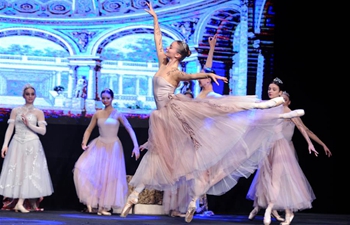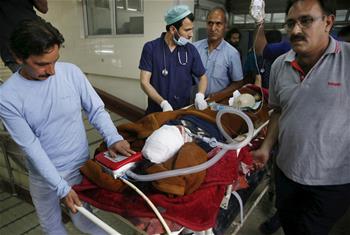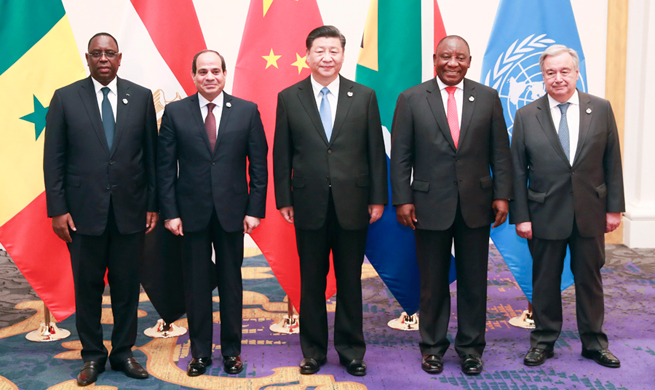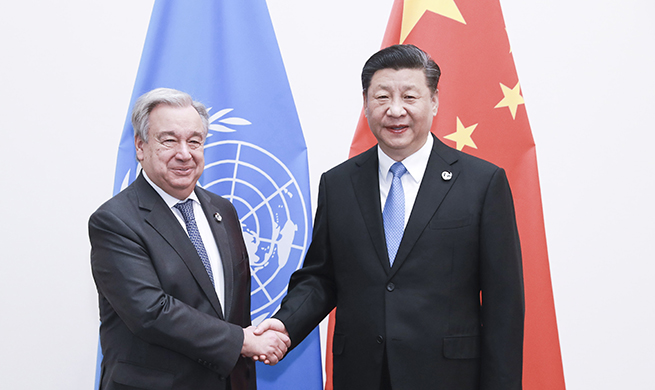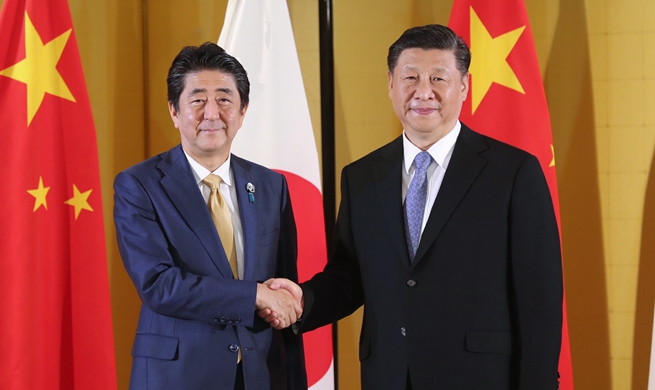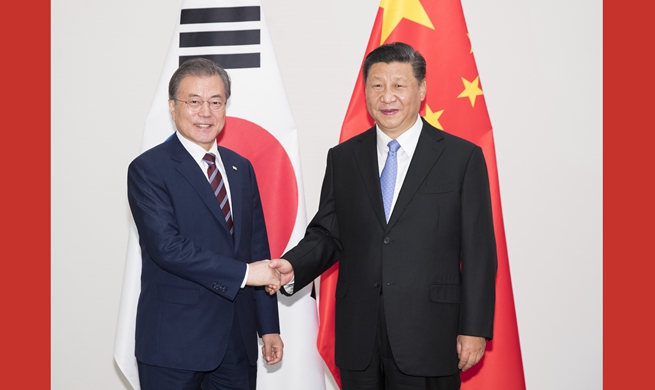SYDNEY, June 28 (Xinhua) -- Regular exercise can help improve a woman's chance of falling pregnant, a new Australian study found on Friday.
The research conducted by the University of Queensland (UQ) compiled reproductive health and exercise records over the past 20 years, to examine if working out has any role to play when it comes to conception.
"When the physical activity was compared with standard fertility treatments, such as IVF (in-vitro fertilization) or ovulation induction, there was no difference in pregnancy rates and live births between women exercising and those undertaking fertility treatments," author of the study Dr Gabriela Mena, from UQ's School of Human Movement and Nutrition Sciences said.
"This suggests that physical activity may be as effective as commonly-used fertility treatments, and could be an affordable and feasible alternative or complementary therapy to these very expensive treatments."
"We also found higher pregnancy and live birth rates for women who were physically active than women not undertaking exercise or undergoing fertility treatments."
But according to Mena, at this stage, it is not clear just what type of exercise is most ideal.
"There were different types of physical activity in the studies reviewed, such as aerobic training alone or in conjunction with strength training, but even moderate increases in physical activity -- such as increasing the step counts -- seemed to improve reproductive health outcomes," she said.
"We believe that a combination of aerobic and resistance training is good for improving reproductive health, but it is difficult to recommend a particular type of exercise at this stage."
That's why Mena is calling for more researchers to focus on physical activity in women who have fertility problems.
"Studies with different types of exercise, intensity and duration are required in order to find the optimal 'dose' or prescription of physical activity," she said.
"We also need more evidence about women experiencing problems with fertility on whether they will exercise. Can they do it? Will they do it? And if so, what would they like to do? My future research aims to answer these questions," she added.
